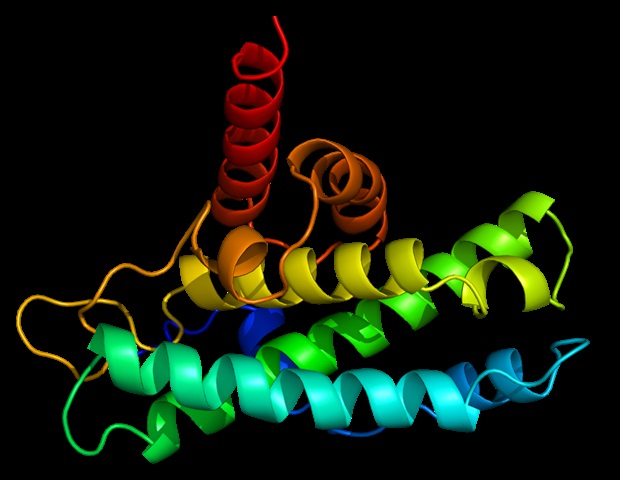
Chronic inflammation, a condition where the immune system remains in a prolonged state of alert, has long posed a significant challenge to human health. Diseases such as arthritis, cancer, and autoimmune disorders, all linked to chronic inflammation, are anticipated to increase in prevalence. In a promising development, researchers from Mass General Brigham have identified a protein called WSTF that could be pivotal in blocking chronic inflammation without affecting the body’s response to acute inflammation. The findings, published in Nature, offer a potential new avenue for treatment.
The study, led by Zhixun Dou, PhD, from the Center for Regenerative Medicine and Krantz Family Center for Cancer Research at Massachusetts General Hospital, sheds light on the mechanisms driving chronic inflammation. “Our findings help us separate chronic and acute inflammation, as well as identify a new target for stopping chronic inflammation that results from aging and disease,” Dou stated.
Understanding Chronic Inflammation
Chronic inflammatory diseases are responsible for significant morbidity and mortality worldwide. Despite their impact, the underlying mechanisms that drive chronic inflammation remain only partially understood. The new study focuses on WSTF, a protein that interacts with other proteins within cell nuclei. This interaction leads to WSTF’s excretion and degradation, which in turn reveals pro-inflammatory genes and amplifies inflammation.
In experiments with human cells exhibiting chronic inflammation, researchers observed that the loss of WSTF was a key factor in promoting inflammation. This was further confirmed in mouse models of aging and cancer, where WSTF loss was linked to increased inflammation. Importantly, the study found that WSTF loss was specific to chronic inflammation, leaving acute inflammatory responses intact.
Potential for New Therapeutics
Using their findings, the researchers developed a therapeutic aimed at restoring WSTF levels. Preliminary tests in mouse models of aging, metabolic dysfunction-associated steatohepatitis (MASH), and osteoarthritis showed promising results in suppressing chronic inflammation.
Further investigations involved examining tissue samples from patients with MASH and osteoarthritis. The researchers discovered that WSTF was absent in the livers of MASH patients, but present in healthy donors. Similarly, in knee cells from osteoarthritis patients, the WSTF-restoring therapeutic effectively reduced chronic inflammation.
“These findings highlight the potential of developing new treatments targeting WSTF to combat chronic inflammatory diseases,” the research team noted.
Implications and Future Directions
The discovery of WSTF’s role in chronic inflammation opens up new possibilities for treatment. However, further research is essential to validate the therapeutic potential of WSTF restoration in broader clinical settings. The study also suggests that other proteins similar to WSTF may play roles in chronic inflammation, presenting additional avenues for future research.
This development comes at a critical time, as the incidence of chronic inflammatory diseases is expected to rise. By targeting specific proteins like WSTF, researchers hope to develop more effective treatments that can alleviate the burden of these conditions without compromising the body’s ability to fight short-term threats.
As the scientific community continues to explore the intricacies of the immune system, the identification of WSTF as a target for chronic inflammation represents a significant step forward. The ongoing research will likely pave the way for novel therapies that could transform the management of chronic inflammatory diseases, offering hope to millions affected worldwide.






